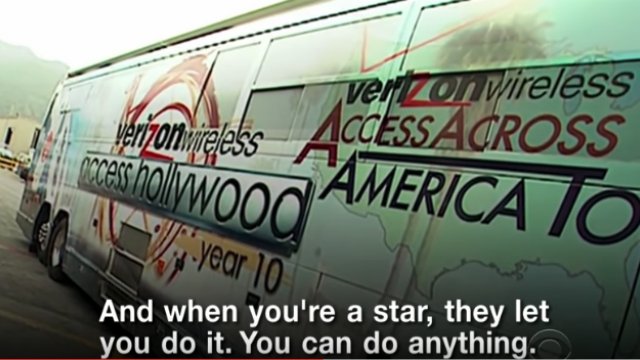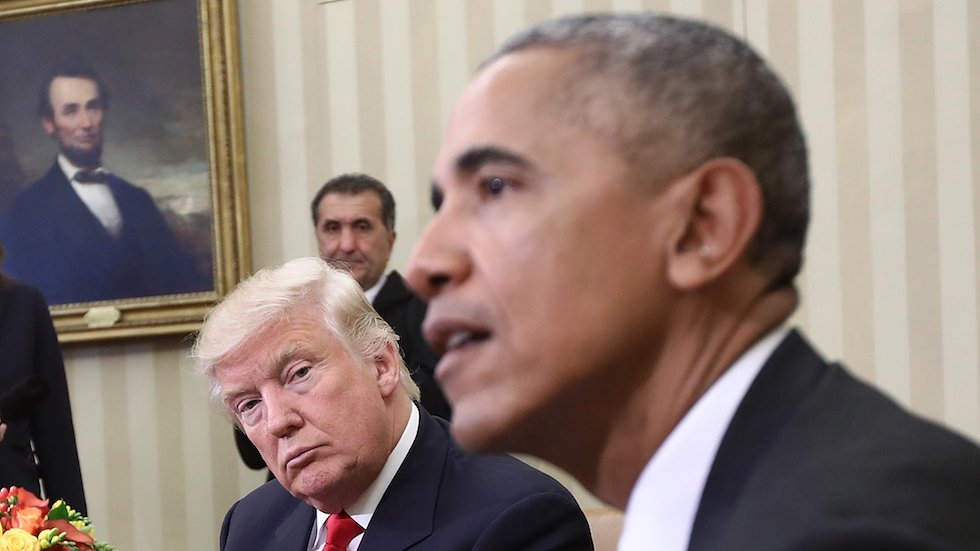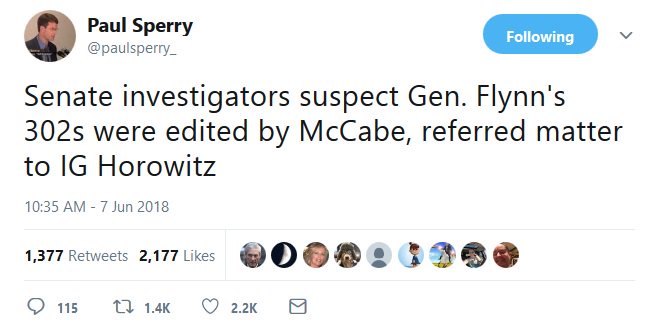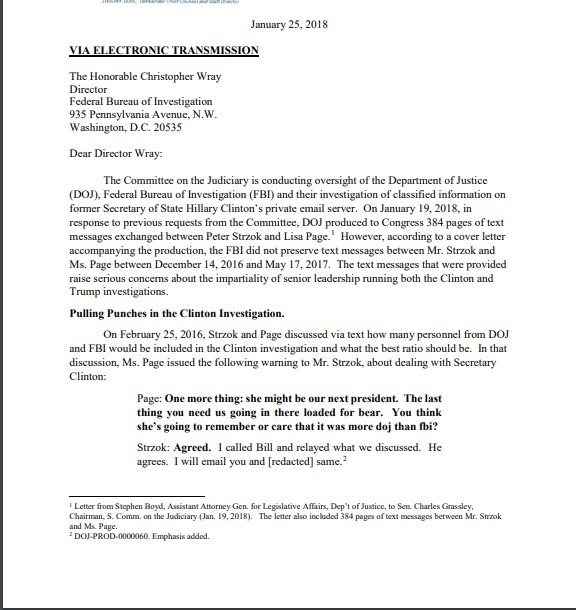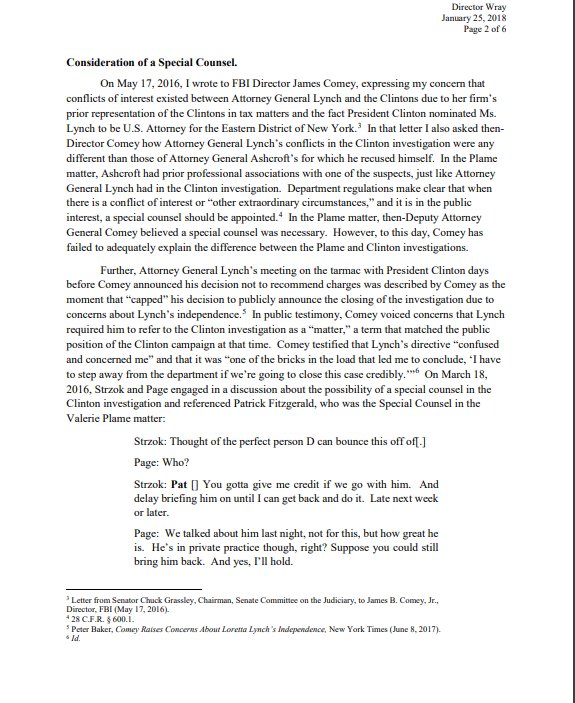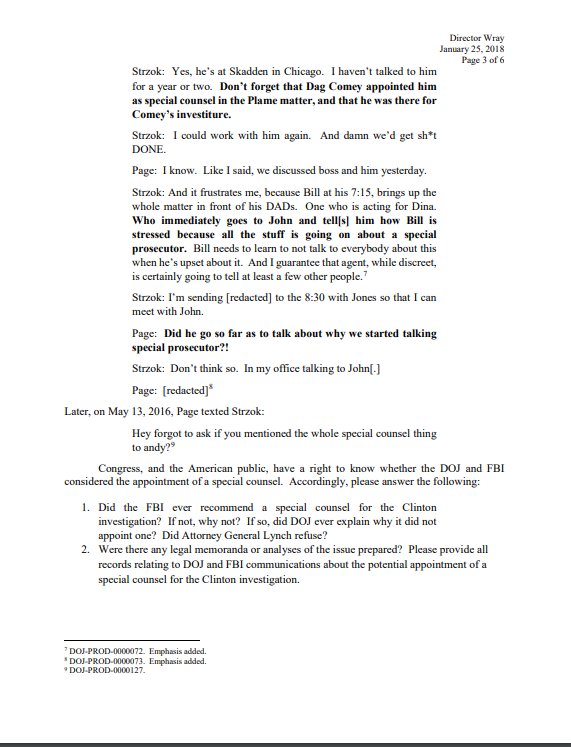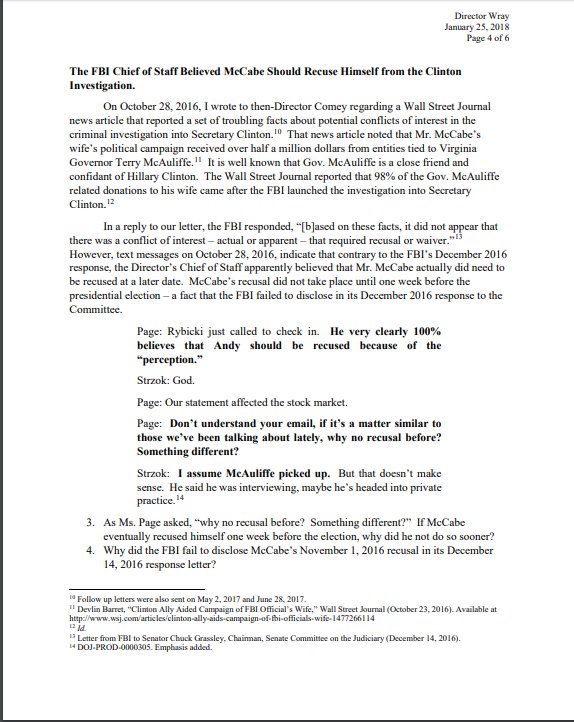Thank you for taking the time to meet with me last week. I appreciated the opportunity to speak with you about my upcoming hearing before the Senate Judiciary Committee and my plans for the Department of Justice if I am confirmed.
During our meeting, you asked why I drafted the memorandum. I explained that, as a former Attorney General, I am naturally interested in significant legal issues of public import, and I frequently offer my views on legal issues of the day –
You requested that I provide you with additional information concerning the lawyers with whom I shared the memorandum or discussed the issue it addresses.
As I explained during our meeting, I frequently discuss legal issues informally with lawyers, and it is possible that I shared the memorandum or discussed my thinking reflected in the memorandum with other people...
• Richard Cullen
• Eric Herschmann
• Abbe Lowell
• Andrew McBride
• Patrick Rowan
• George Terwilliger
• Professor Jonathan Turley
• Thomas Yannucci
Sincerely,
William P. Barr


